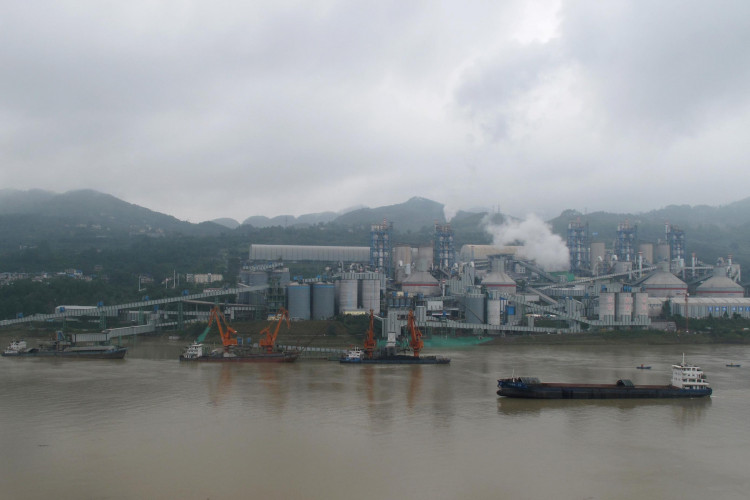The Belt and Road Initiative of China (BRI) -- widely referred to as the 'Silk Road' -- is seen by economists to be a boon to the United States, based on research conducted by the Center of Economics and Business Research (CEBR). studies on GDP.
The report, funded by the United Kingdom-based Chartered Building Institute, delved into how BRI improvements in infrastructure could lift productivity worldwide.
The study found that the BRI would improve American gross domestic product to around 1.4 trillion by 2040, after weighing in trade frictions.
Although the U.S. claims no direct involvement in the BRI, analysts say the "US benefits from the increase in world GDP."
The researchers concluded, also, that "the United States is the second-largest beneficiary and calculations suggest that t the BRI will make US GDP higher in 2040 by around $401 billion, or a 1.4 percent boost.
"We will expect a hike from US exports in some of the key external markets due to this kind of increased economic growth," CEBR Senior Economist Pablo Shah told Yahoo Finance.
At the same time, Shas pointed out that imports were also likely to become cheaper because "transport developments and energy linkages and increased integration across countries outside the US would facilitate more efficient means of production, meaning cheaper inputs for consumers.
Shah also said that this would improve overall consumption and stimulate the country in other economic and financial aspects.
And while the growth may seem relatively small at 1.4 billion, researchers claim it is relatively large compared to other countries as "the absolute size of the U.S. economy is still bigger compared to most other countries forces except China."
However, not all experts are on the same page with the assessment of the BRI report. "This study exaggerates the size - current and future - of China's Belt and Road program."
Jonathan Ha illman, the senior fellow at the Center for Strategic and International Studies (CSIS), a Washington, D.C.-based think tank, disclosed to Yahoo Finance.
"And eventually, the whole BRI - and the economic benefits expected to come from it - "all depends on whether the correct initiatives were selected and how they are implemented," Hillman and his research team stated.
China's major infrastructure and industrial push through the BRI was conceived partly out of worries that its economic health was deteriorating, as well as a desire to enhance the government's clout on the global scene.






